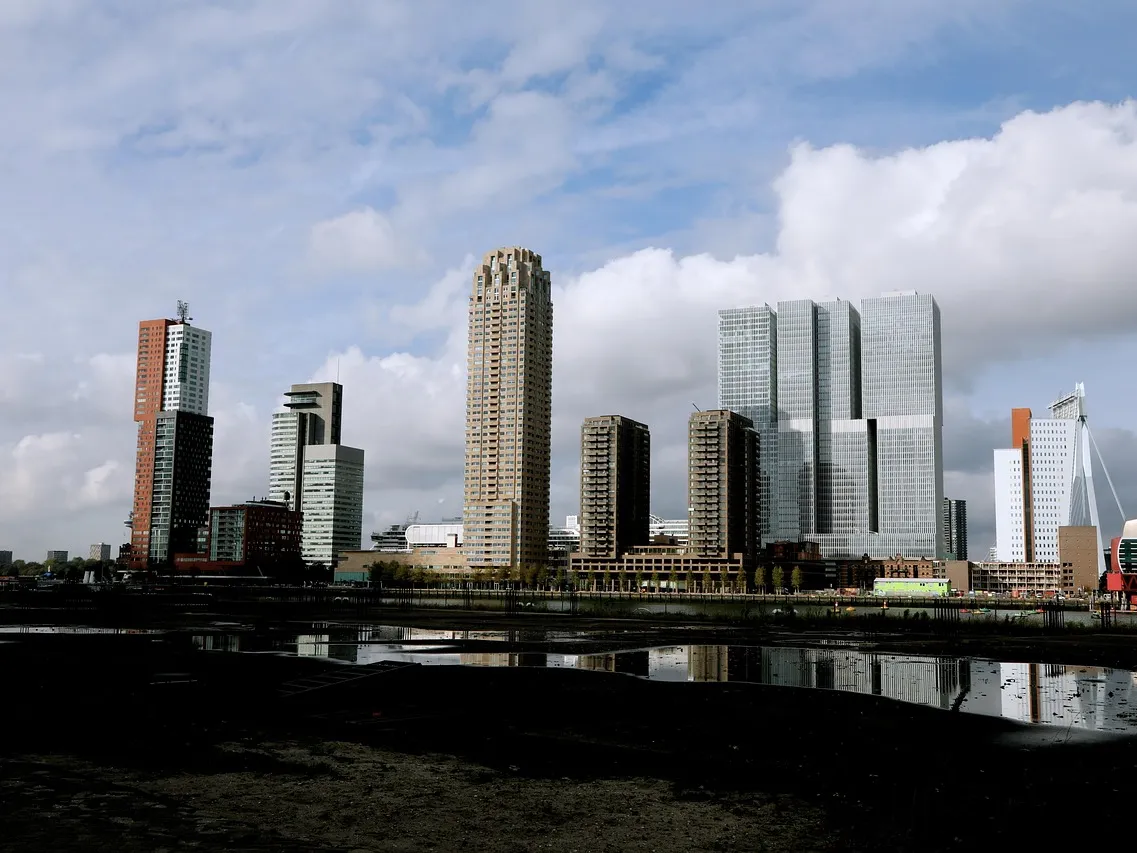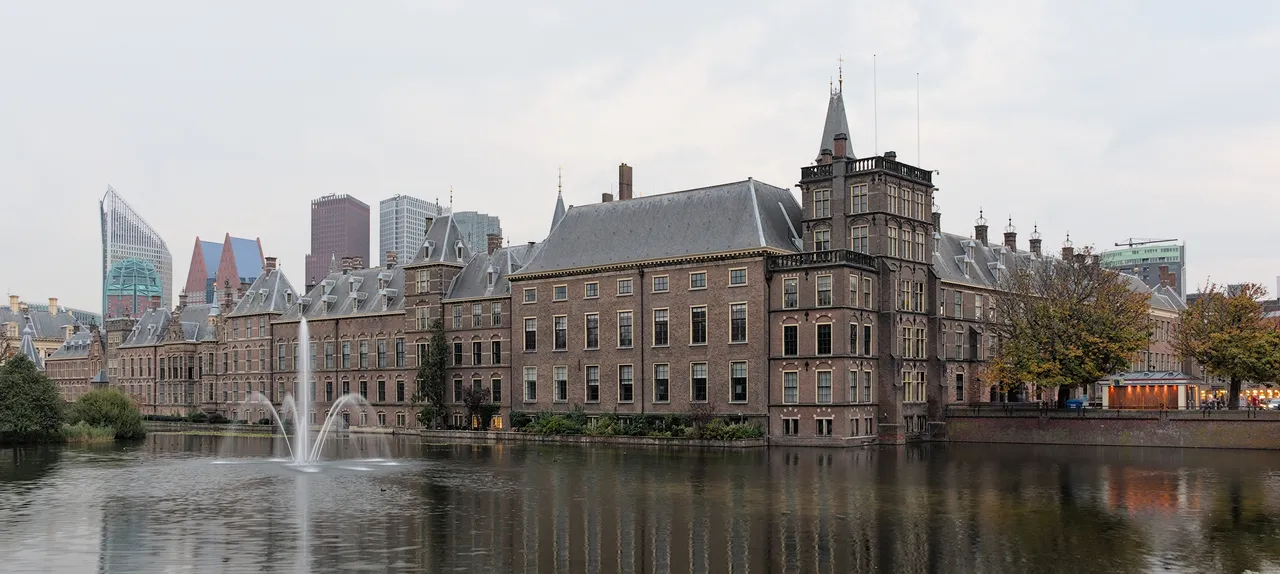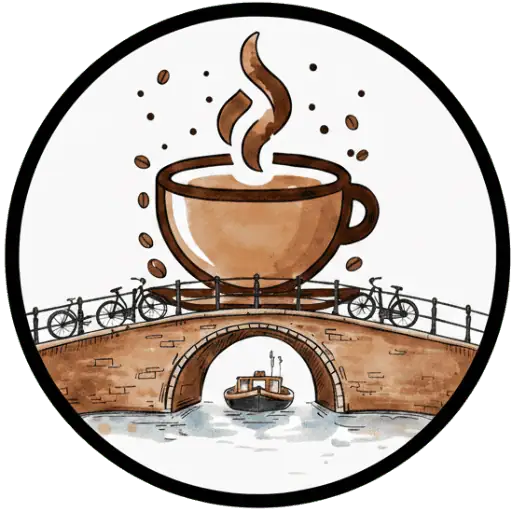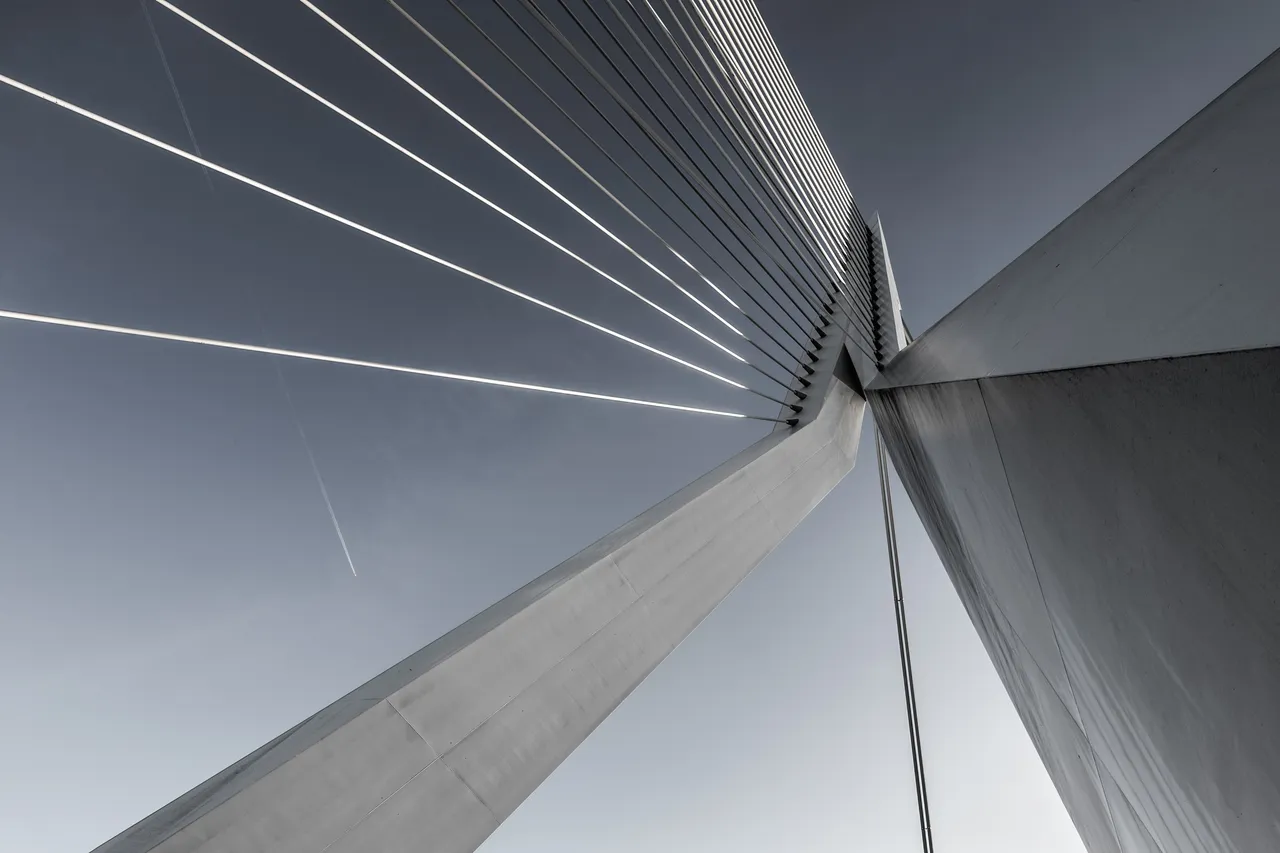
South Holland boasts a centuries‑old coffee culture, strengthened by modern roasters who work sustainably and transparently. Festivals, barista titles, and circular innovations show how the province blends historic trade, flavor, and responsibility in every cup—from filter to cold brew—for enthusiasts worldwide.
Roasters in South Holland
Cities in South Holland

The Hague
The Hague enjoys a rich coffee tradition dating back to 1664, from seventeenth-century salons to modern espresso bars. Iconic venues, sustainable initiatives and rising demand for single-origin beans show how tradition and innovation blend here in harmony. The city breathes coffee at every moment of the day.
More about South Holland
A rich history of coffee in South Holland
In 1664 The Hague opened the Netherlands' second coffee house, just a year after Amsterdam. This launched The Hague's coffee culture and coffee quickly became part of public gatherings.
Dordrecht, however, led in trade. Ships were already bringing in fresh beans there in the eighteenth century, making coffee commonplace earlier than in many other cities.
The VOC established plantations on Java in 1699 and in Suriname in 1723. As a result, costs fell and by 1750 the country consumed coffee more often than beer. Meanwhile Rotterdam grew into a roasting hub thanks to Van Nelle, whose modernist factory (1925‑1931) is now UNESCO World Heritage. During shortages, such as around both world wars, five chicory plants in Ouddorp roasted "peekoffie" as a substitute.
Modern roasters set the tone
Today South Holland buzzes with specialist roasters that combine craftsmanship with transparent sourcing. Their impact stretches from hip neighborhood cafés to the global market.
- Manhattan Coffee Roasters, Rotterdam – founded in 2017 by barista champions Ben Morrow and Esther Maasdam, delivers competition‑grade coffee to enthusiasts on every continent.
- Giraffe Coffee, Rotterdam – roasts fresh every day for consumers and more than 150 business clients, supported by its own Coffee Bar & Academy.
- Single Estate, Westland – uses an energy‑efficient Loring roaster and supplies more than 150 hospitality venues with traceable single origins.
- Man Met Bril Koffie, Rotterdam – roasts beneath the Hofbogen railway arches and buys directly from farmers, creating a fair supply chain.
- Miss Morrison, Delft – began as a one‑woman micro‑roastery and grew to two locations thanks to small‑scale, story‑driven coffee.
Together these brands show how local quality, transparency, and direct trade raise the bar and put regional coffee on the world map.
Events that celebrate coffee
Coffee takes the stage at countless festivals. The planned Specialty Coffee Fest Rotterdam in the Van Nelle factory underscores the historic setting. In The Hague, the Indonesian Coffee Festival unites two countries in one cup through workshops and tastings.
Even major events like Zomercarnaval and Parkpop now feature mobile espresso bars, making good coffee a natural guest from street parade to pop concert.
Talent blossoms in competitions as well. Rotterdam native Zjevaun Janga won the Dutch Barista title in both 2024 and 2025, giving the province a reputation for top‑tier craftsmanship.
What are consumers drinking?
The Dutch drink about 150 litres of coffee per person each year, and 65 % do so daily. In South Holland black coffee remains the favourite, followed by cappuccino. Only one in five adds sugar or syrup.
At home, filter coffee still tops the list, but automatic bean‑to‑cup machines and capsules are gaining ground, Between 2013 and 2019, the use of bean‑to‑cup devices rose by ten percent.
Younger drinkers crave variety, Iced coffee and cold brew are growing rapidly, and many households are experimenting with pour‑over or French press, Demand for single origins and micro‑lots is therefore rising steadily.
Sustainability gets flavor
About one‑third of consumers choose Fairtrade, organic, or otherwise certified coffee, Municipalities such as Westland, Delft, and Gouda fly the Fairtrade flag and encourage hospitality businesses to serve ethical beans.
Start‑ups turn waste into value, Rotterdam‑based RotterZwam rescues more than 40,000 kilos of spent coffee grounds each year and uses them to grow oyster mushrooms, Thus, waste ends up not in the furnace but on the plate.
Roasters reinforce this picture, Giraffe pays farmers above‑market prices, Single Estate invests in processing projects on plantations, and Man Met Bril links every bag to a farmer with a name and story.
Further research project “Back to the Soil” is underway to test coffee grounds as a soil improver, while mobile caterer Coffee on Wheels – The Hague serves fully organic ingredients.
Final Thoughts
South Holland blends centuries‑old coffee history with a forward‑thinking, sustainable future. Historic harbors, innovative roasters, vibrant events, and eco‑friendly initiatives come together to create a province where every sip tells a story.

